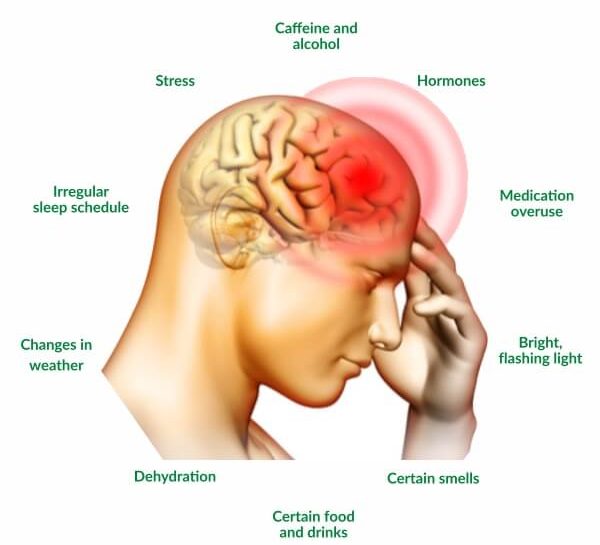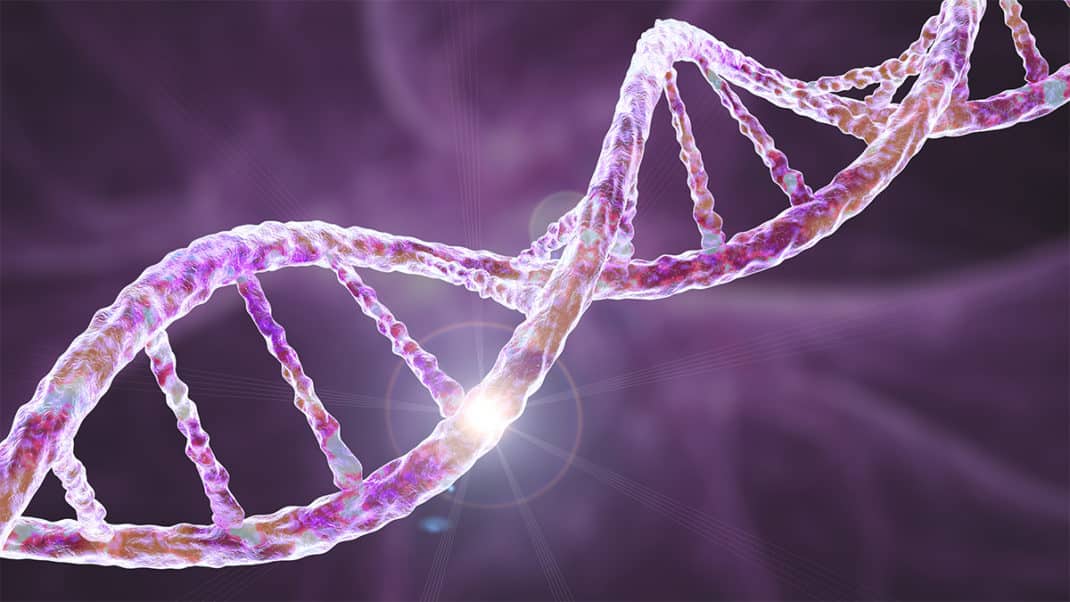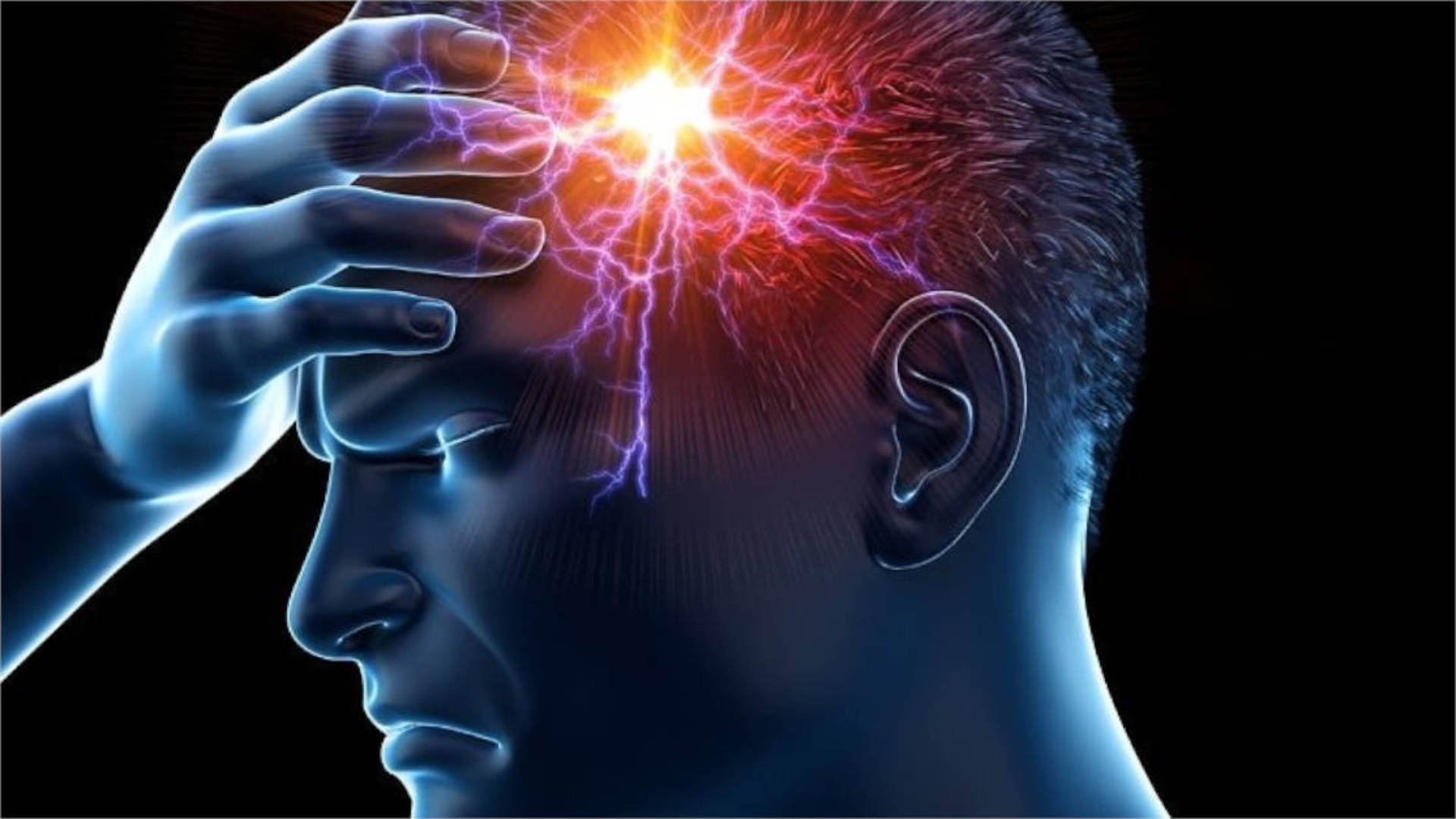Title: Understanding Migraines: Causes and Management Strategies
Migraines, often characterized by intense headaches accompanied by symptoms like nausea, vomiting, and sensitivity to light, can significantly disrupt daily life. While treatment options vary from lifestyle adjustments to medications and complementary therapies, it’s crucial to identify the root causes of migraine for effective management. Here’s a comprehensive look at the factors contributing to migraine attacks:
1. Gender Disparity: Women are more susceptible to migraines compared to men, a phenomenon attributed to hormonal fluctuations. Understanding these gender differences is essential for tailored treatment plans.

2. Auras: Some individuals experience visual disturbances known as auras before or during migraine attacks. However, it’s important to note that not all migraine episodes are preceded by auras, highlighting the variability of symptoms among sufferers.
3. Trigger Factors: Several external factors can trigger migraine attacks, including stress, lack of sleep, weather changes, and strong odors. Recognizing and managing these triggers can play a pivotal role in mitigating the frequency and severity of migraines.

4. Nutritional Deficiencies: Deficiencies in key nutrients such as Magnesium, Vitamin B12, Vitamin D, and Omega-3 fatty acids have been linked to migraine onset. Addressing these deficiencies through dietary modifications or supplements may help alleviate symptoms.

5. Genetic Predisposition: Migraines often exhibit a genetic component, with instances of the condition running in families and being inherited from parents. Understanding one’s family history can provide valuable insights into individual susceptibility to migraines.

Medical Professionals emphasizes the importance of personalized care when managing migraines. While various treatment modalities exist, finding the right approach often requires a tailored approach that considers individual triggers, genetic predispositions, and lifestyle factors.
understanding the multifaceted nature of migraines is crucial for effective management. By identifying and addressing root causes such as hormonal imbalances, nutrient deficiencies, and environmental triggers, individuals can take proactive steps towards reducing the frequency and severity of migraine attacks. With a comprehensive approach that integrates medical intervention, lifestyle modifications, and holistic therapies, migraine sufferers can regain control over their health and well-being.
READ MORE: Unveiling the Power of Music Therapy to Heal Your Mind














